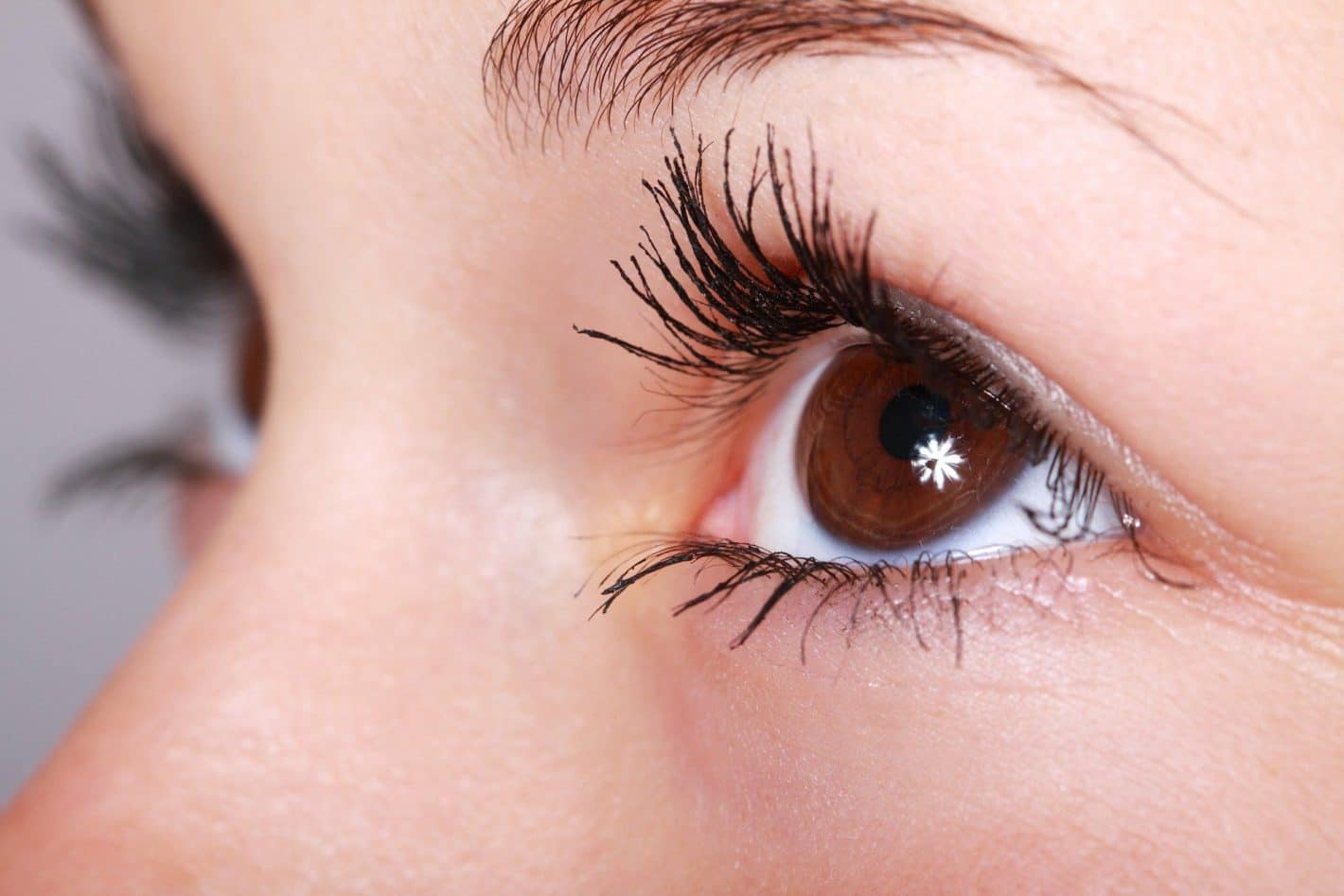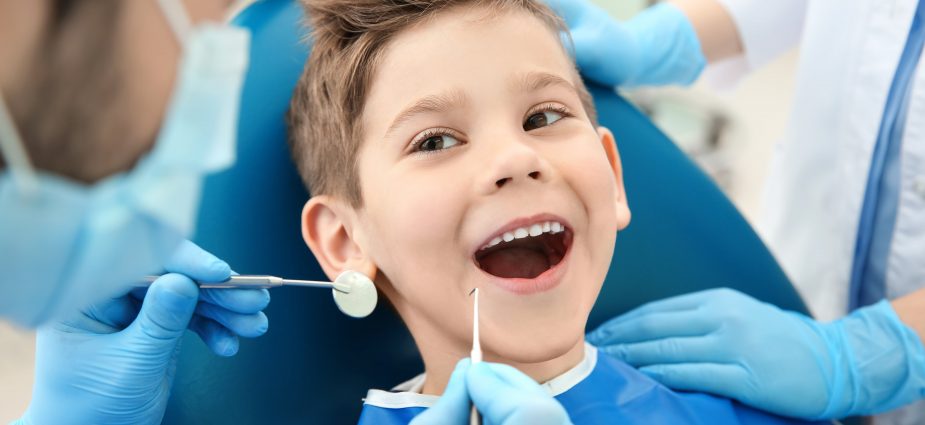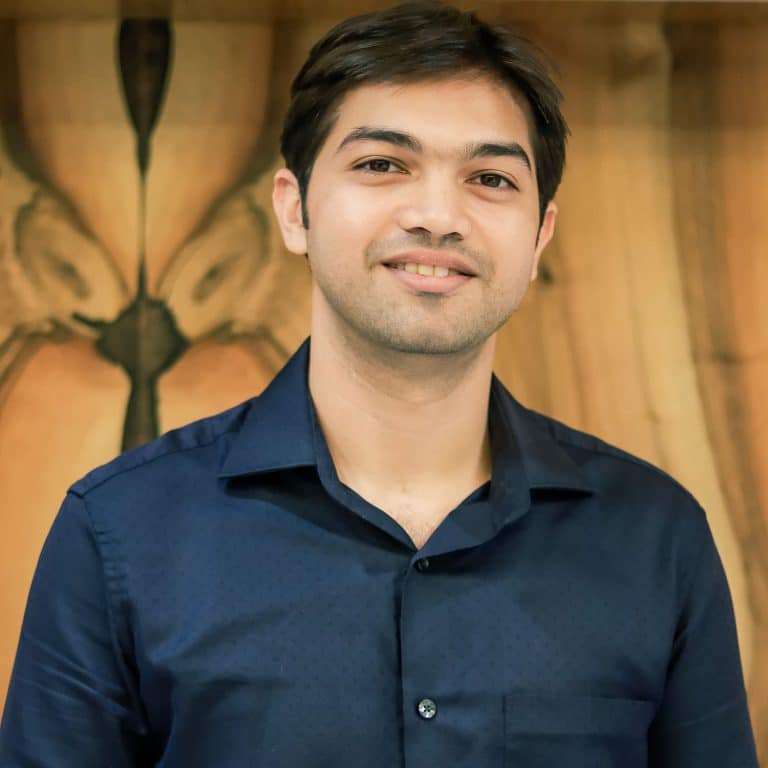- Home
- About Us
- Plastic & Cosmetic SurgeryPlastic ReconstructiveFace ContouringBreast SurgeryBody ReshapingRejuvenation
- Cosmetology & Dermatology
- Trichology
- Eye Surgery
- Oral & Maxillofacial Surgery
- Pediatric Preventive Dental Care
- International Patients
- Media and Awareness
- Testimonials
- Contact Us
- CALL US
- E-CONSULT
- Home
- About Us
- ServicesPlastic & Cosmetic SurgeryCosmetology, Dermatology & TrichologyEye SurgeryOral & Maxillofacial SurgeryPediatric DentistryPlastic ReconstructiveFace ContouringBreast SurgeryBody ReshapingRejuvenationCosmetology ProceduresDermatology TreatmentsOral & Maxillofacial servicesOral & Maxillofacial servicesOral & Maxillofacial servicesPediatric Dentistry ServicesPediatric Dentistry Services
- International Patients
- Media and Awareness
- Testimonials
- Contact Us
TMJ (Temporomandibular Joint) Surgery
- Home
- Oral and Maxillofacial Surgery
- Temporomandibular joints (TMJ)
Relieves Jaw Pain And Restores Free Jaw Movements
- Home
- Oral and Maxillofacial Surgery
- Temporomandibular joints (TMJ)
What Are Tempomandibular Joints (TMJ)?
Temporomandibular joints (TMJ) are the two joints that connects the jawbone to the skull. The joints are interconnected and the functioning of one joint affects the other too.It is important that both joints work well and in co-ordination for maintenance of proper functions such as chewing, speaking and laughing. The temporomandibular joint is composed of two bony surfaces and intermediate cartilage disk which helps in the smooth movement of one bone over another. Also this joint functioning is helped by many other muscles that are attached in and around this joint. The joint is also covered by a thick joint capsule.
What Is Tempomandibular Joint Disorder?
Tempomandibular Joint Disorderis a disorder that causes a lot of pain in the jaw and the muscles that control the jaw movement.
The exact causes of TMJ have not been discovered yet. But most researchers and doctors believe it is caused either due to genetic history, injury to surrounding joint muscles, arthritis, improper dental occlusion or injury to the jaw bone.
TMJ causes a lot of pain and discomfort to the patient. It also restricts the movement of the jaws and can adversely affect the daily activities of the patient. It can cause severe earaches, headaches and hamper the sleep pattern of the individual. Treatment of TMJ is necessary in order to ease the patient of the consistent pain and restore the normal functioning of the jaw.
In most of the cases, TMD is generally treatable non-surgically. However, certain complicated cases do require surgery. Dr VIkram Pandit, Pandit Clinic’s Oral and Maxillofacial Surgeon analyzes the issue at hand and then directs the course of the treatment which is required.
What Are The Symptoms For TMJ Disorders?
The symptoms for TMJ disorders involve:
- Pain in either one or both of the tempomandibular joints.
- Pain and discomfort in the jaw.
- Difficulty in free movement of the muscles of the jaw
- Constant aches near the ear
- Facial pain
- Difficulty in chewing food
It is necessary to seek medical help if you have persistent pain in the jaw or have problems in freely moving the jaw muscles. Beginning the treatment on time helps to assess and overcome the disorder well.
What To Expect At The Consultation With Dr Vikram Pandit?
Consultations are of utmost importance to Dr Vikram pandit. When a patient walks in with an issue to Tempomandibular Joint Disorder, Dr Vikram Pandit explains in detail the issue at hand. Most of the times, patients are unaware of this issue and thus this proves to be a vital step in recognizing and establishing a treatment plan for the same.
Gnerally, during consultation Dr Vikram Pandit will explain in detail the course of action that needs to be followed in the individual case. When we take into consideration TMD, every case is different and the treatment also varies. Thus, Dr Vikram Pandit does not work with a ‘cookie cutter’ approach. He makes sure that each patient is treated according to their needs and requirements.
Consultations are excellent way for the patients to clear all of their doubts regarding TMD and the treatment that will follow. Dr Vikram pandit encourages all the patients to ask as many questions as they want in order to make an informed decision regarding their treatment.
How Is TMJ Treated At Pandit Clinic?
The treatment plan for TMD at Pandit Clinic depends on the severity of the disorder. Before a treatment plan is charted our Oral and Maxillofacial Surgeon Dr. Vikram Pandit will examine your jaw. A detailed history of the progress of the disease is very important, also the history of previous treatments, any injury to the face, any dental treatment which has been done previously will be discussed
He will check the range of motion of your jaw. He will also apply pressure around and inside the jaw to check your level of pain and discomfort. A radiographic examination will be required which may includes various X-rays/ CT and MRI scans if required.
Based on the above examination Dr. Vikram will be able to arrive at a diagnosis. As this is a complex disorder we may seek opinions from other super specialty services such as ENT, Neurologist, psychologist, sleep specialist, rheumatologist, dental specialists like prosthodontist/orthodontist, etc.
Treatment Plan
Once the diagnosis is complete, the actual treatment will begin.
There are basically three stages of treatment.
- Stage 1 - A medicinal line of therapy. The patient may be asked to take pain-relieving medicines, and muscle relaxants to reduce the pain. Medicines will be given to improve the sleep pattern. The patient can be asked to perform various exercises to strengthen the joints and have dietary restrictions.
- Stage 2 - The conservative line of therapy. The patient will be asked to use various dental splints which may help to stabilize the TMJ. Orthodontic or prosthetic treatment can be advised. Some patients may need extraction of Wisdom teeth.
- Stage 3 - A surgical line of treatment. When the above methods fail to give relief of pain, or the disorder is in advanced stages a surgical intervention is deemed fit. Depending on the nature of the disease, various types of surgeries can be performed. These include:
- Arthrocentesis/ joint lavage
- Corticosteroid injections
- TMJ arthroscopy
- Disk repositioning surgeries
- Modified condylotomy
- TMJ replacement surgery
How Is The Recovery After Surgical Treatment Of TMJ?
After the surgery, the patients will have to stay at the clinic for at least 3 days if they have a total replacement procedure. Depending upon the healing and condition, this span can vary. Dr Vikram Pandit will advise on the post surgical care like application of ice pack in order to control the swelling, the optimal sleeping position, dietary restrictions and other such instructions.
Patients can resume their daily activities after about 3 to 4 weeks. However, one must restrain from doing vigourous exercises until the doctor days so.
Regular follow ups must be taken with Dr Vikram pandit in order to analyse the healing procedure and the results.
What Is The Cause Of TMJ?
The exact causes of TMJ (temporomandibular joint disorders) have not been discovered yet. But most researchers and doctors believe TMJ Disorder is caused either due to genetic history, injury to surrounding joint muscles, arthritis, improper dental occlusion or injury to the jaw bone.
Is TMJ Painful?
TMJ causes a lot of pain and discomfort to the patient. It also restricts the movement of the jaws and can adversely affect the daily activities of the patient. It can cause severe earaches, headaches and hamper the sleep pattern of the individual. Treatment of TMJ is necessary in order to ease the patient of the consistent pain and restore the normal functioning of the jaw.
Does TMJ Go Away?
For most of the patients, TMJ does go away on its own. But persistent and unbearable sign is an important sign to immediately consult a doctor. The analysis by the doctor will help come to a proper diagnosis and a treatment plan which will help in reducing the pain and the issue.
Book Consultation
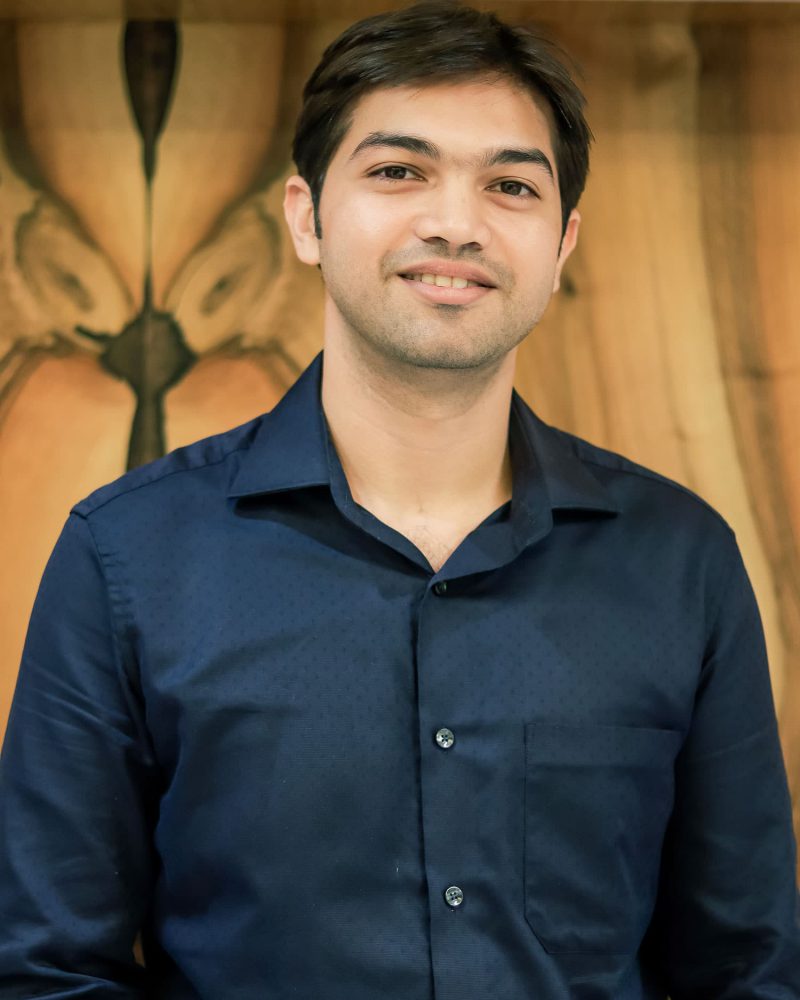
Consult Dr Vikram Pandit
Oral & Maxillofacial Surgeon
Book a consultation with Dr Vikram Pandit. At the consultation, Dr Vikram Pandit will:
- Dr. Vikram Pandit will first perform a thorough examination of your teeth, gums and jaw.
- Explain the problem to you.
- An X-Ray of your teeth will be taken if needed.
We recommend you openly discuss your concerns with Dr. Vikram.
During the consultation be prepared to discuss:
- Your medical conditions, drug allergies, and previous dental treatments.
- Current medications, vitamins, herbal supplements, if any.
- Likely outcomes, and any risks or potential complications.
Book appointment
Meet the Doctor
BDS, MDS Oral & Maxillofacial Surgeon
Dr. Vikram is a visiting consultant and consultant oral and maxillofacial surgeon at the top hospitals in Pune like Poona Hospital and Research Centre, Ratna Memorial Hospital, Pandit Clinic and KEM Hospital. Dr. Vikram has done clinical fellowship in craniofacial surgery with focus on surgery for cleft lip and cleft palate deformities, orthognathic surgery and surgery for sleep related disordered breathing (SRDB). He has trained for advanced management for Facial Trauma, from Taiwan. He has also attended various seminars and done workshops related to Oral and Maxillofacial Surgery. Dr. Vikram is also a co- author of a chapter for a textbook. He has been invited as a speaker for number of conferences in India as well as Internationally.
You Might Be Interested In
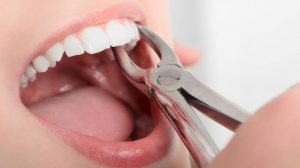
Tooth Extractions
Call us +91 88059 80048 A minor surgical procedure that involves wisdom tooth removal, fractured tooth removal, or infected tooth removal Home Oral and Maxillofacial
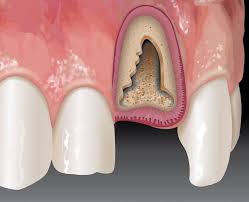
Alveolar Bone Grafting
Call us +91 88059 80048 Home Oral and Maxillofacial Surgery Alveolar Bone Grafting Alveolar bone grafting and orthodontic treatment for patients with cleft lip and

Pre-Prosthetic Surgeries
Call us +91 88059 80048 Home Oral and Maxillofacial Surgery Pre-Prosthetic Surgeries The aim of pre-prosthetic surgery is to prepare the soft and hard tissues




